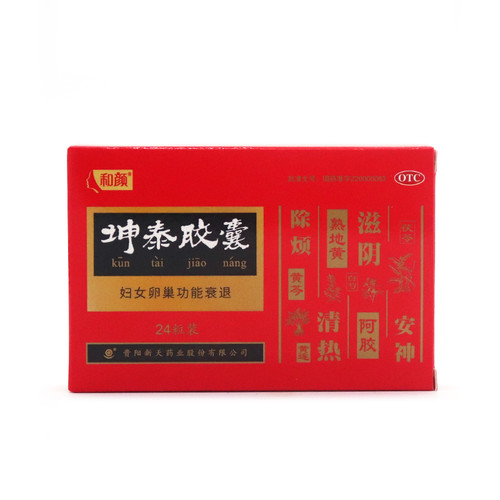Product Overview
Parts used: Dried thalline
TCM category: Cool herbs that transform Phlegm and stop Cough
TCM nature: Cold
TCM taste(s): Salty
Meridian affinity: Stomach Kidney Liver
Scientific name: Laminaria japonica or Ecklonia kurome
Other names: Kelp, Dasima, Hai dai
Use of kombu (Kun Bu) in TCM
Please note that you should never self-prescribe TCM ingredients. A TCM ingredient is almost never eaten on its own but as part of a formula containing several ingredients that act together. Please consult a professional TCM practitionner, they will be best able to guide you.
Preparation: Remove impurities, rinse, cut and dry
Dosage: 9 - 15 grams
Main actions according to TCM*: Softens hardness, Cools Hot phlegm. Encourages urination and lessens edema.
Primary conditions or symptoms for which kombu may be prescribed by TCM doctors*: Goiter Edema Lymphadenitis Swollen lymph nodes
Contraindications*: This herb should not be used by those with Coldness due to Spleen and Stomach Deficiency.
Common TCM formulas in which kombu are used*:
For treating goiter, swollen and inflamed lymph glands and to soften hard nodules combine kombu with sargassum (Hai Zao), ningpo figwort roots (Xuan Shen) and fritillary bulbs (Chuan Bei Mu).
For goitre, lymph node swellings, glandular swellings, or nodules on the neck combine kombu with clam shells (Ha Ke), sargassum (Hai Zao) and oyster shells (Mu Li ke).
Key TCM concepts behind kombu (Kun Bu)'s properties
In Traditional Chinese Medicine (TCM), kombu are plants that belong to the 'Cool herbs that transform Phlegm and stop Cough' category. In TCM Phlegm is a condition of Stagnation of Fluids which tends to start in the Spleen and then goes to the Lungs. If this overly accumulates it thickens and becomes pathological Phlegm. Phlegm, being a form of Stagnation, often starts as being Cool and transforms to Hot as the condition progresses. The herbs in this category are Cold in nature so they treat the later stages of the Stagnation: Hot and Dry-Phlegm with symptoms such as cough, goiter or scrofula.
As suggested by its category kombu are plants that are Cold in nature. This means that kombu typically help people who have too much "heat" in their body. Balance between Yin and Yang is a key health concept in TCM. Those who have too much heat in their body are said to either have a Yang excess (because Yang is Hot in nature) or a Yin deficiency (Yin is Cold in Nature). Depending on your condition kombu can help restore a harmonious balance between Yin and Yang.
Kombu also taste Salty. The so-called "five elements" theory in Chinese Medicine states that the taste of TCM ingredients is a key determinant of their action in the body. Salty ingredients like kombu tend to have a draining effect in the body because they clear accumulations, remove phlegm and soften hard lumps.
The tastes of ingredients in TCM also determine what organs and meridians they target. As such kombu are thought to target the Stomach, the Kidney and the Liver. In TCM the Stomach is responsible for receiving and ripening ingested food and fluids. It is also tasked with descending the digested elements downwards to the Small Intestine. The Kidneys do not only regulate the urinary system but also play a key role in the reproductive system and the growth and aging process of the body. The Liver is often referred as the body's "general" because it is in charge of regulating the movements of Qi and body fluids. It also takes a leading role in balancing our emotions.
Use of kombu (Kun Bu) as food
Kombu are also eaten as food. It is used as an ingredient in dishes such as Kombu Seaweed Salad or Miso Soup.










